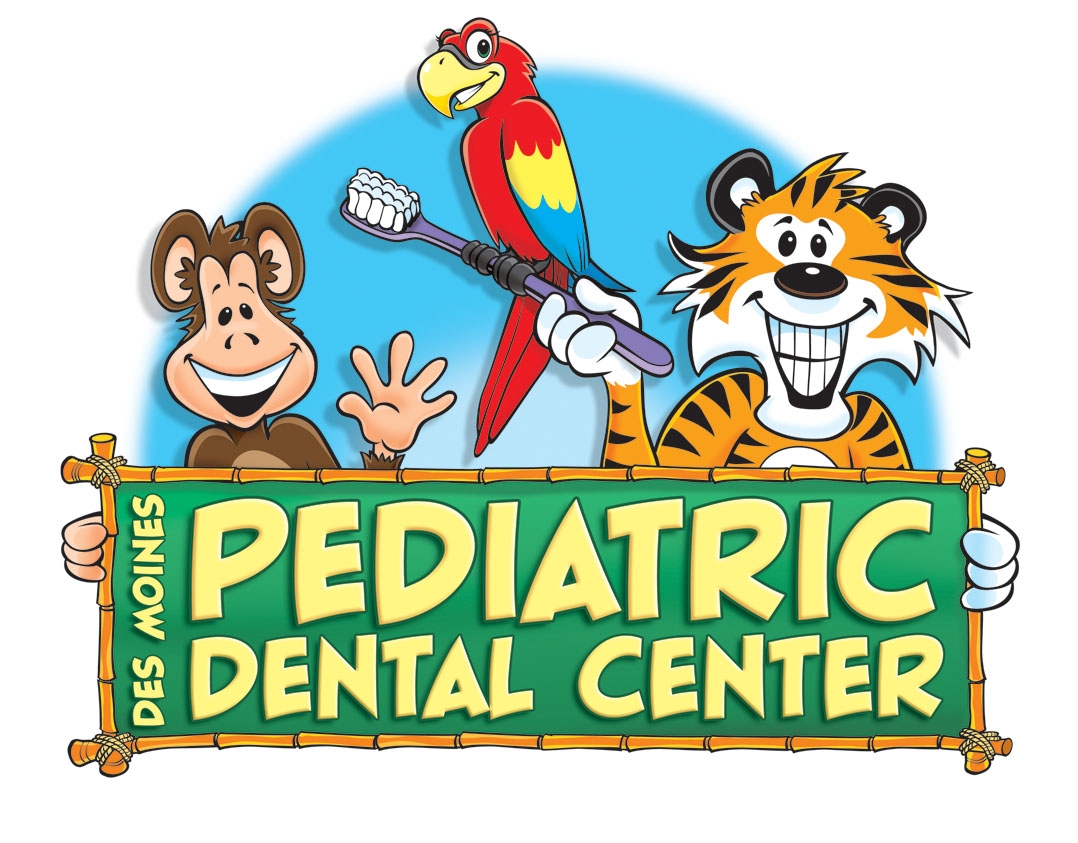Hospital Dentistry & General Anesthesia
Frequently Asked Questions
Q: What is general anesthesia?
A: General dental anesthesia is a management technique that uses medications to cause the child to be asleep while receiving dental care. It is provided by a physician who has special training in anesthesia.
Q: Why would a child need general anesthesia just to have teeth fixed?
Unfortunately, many children suffer from serious, potentially painful dental diseases. Unlike such health conditions as colds and flu, dental diseases won’t go away on their own. When treatment is required for a serious dental condition, general anesthesia may be recommended to make delivery of that required treatment possible in a safe and comfortable manner. Without treatment dental caries can adversely affect learning, communication, nutrition, and other activities necessary for normal growth and development of your child. When a child with disabilities needs extensive dental treatment, general anesthesia is an accepted standard of care. The American Academy of Pediatric Dentistry, American Dental Association, and the U.S. Department of Health and Human Services support this standard. General Anesthesia is also an accepted standard of care for situations involving children who have limited comprehension or children who are extremely uncooperative and require dental care that is technically difficult or sensitive to deliver.
Q: Is general dental anesthesia safe?
A: Although there is some risk associated with general anesthesia, it is safe when administered by an appropriately trained individual in an appropriately equipped facility such as a Hospital. Dr. Orchen is part of the outpatient surgical staff at Cleveland Clinic South Pointe and University Hospital Bedford. Many precautions are taken to provide safety for the child during general anesthesia care. Patients are monitored closely during the general anesthesia procedure by personnel who are trained to manage complications. Your pediatric dentist will discuss the benefits and risks involved in general anesthesia and why it is recommended for your child.
Q: What special considerations are associated with the general anesthesia appointment?
A: A physical examination is required prior to general anesthesia for dental care. This physical examination provides information to ensure the safety of the general anesthesia procedure. Your pediatric dentist and/or your general dental anesthesia provider will advise you about evaluation appointments that are required.
Parents are instructed to report to the pediatric dentist any illness that occurs prior to the general anesthesia appointment. It may be necessary to reschedule the appointment. It is very important to follow instructions regarding preoperative fasting from fluids and foods.
Usually patients are tired following general anesthesia. Your child will be discharged when alert and ready to depart. You will be instruction to let the child rest at home with minimal activity planned until the next day. Post-operative dietary recommendations will also be given.
Q: What are your office Policies for General Anesthesia:
A: If either Doctor has recommended that your child receive dental treatment under General Anesthesia, you will work directly with our Office Manager. She will assist you in scheduling, insurance billing, coordinating with our office and the hospital, pre and post op care and, of course, answering any questions you may have in regard to this special care.

 Find Us
Find Us